There’s an old saying in Wall Street that you should “Buy on the rumor, then sell on the news.” The meaning is that when you start to hear that something is going on at a company through the rumor mill, you should load up on shares. When the actual news comes out, however, it is time to sell because the effect of the news is already priced into the price of the shares. To take advantage of news, you really need to get in before everyone else, which means before the news breaks. Many novice investors will hear news on a stock and buy or sell shares as a result. For example, there were likely a lot of people who went out and sold shares of United Airlines the day after the video of the passenger being slammed into the arm rest and then thrown, face bloodied, off of the plane. I mean, that can’t be good for future sales, right. The memes that went around the next week with phrases like, “United: Fight or flight, we decide.” and jokes about the United “fight club” don’t build brand loyalty. Some people probably even sold shares short (which is when you borrow shares and sell them, planning to buy them back later at a lower price and keep the difference).
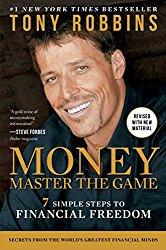
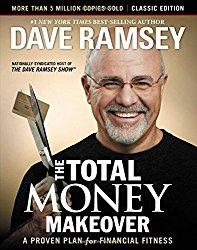
Learn to master your money with these great books from Amazon.
Let’s use another example not related to the stock market. Let’s say that you own a car that is worth around $25,000 and you accidentally drive it into a lake. Let’s say that the fact you drove it into the lake makes the news and everyone knows about it. Could you expect to then sell that car for $25,000 with everyone knowing that it was driven into a lake and probably fouled the engine and everything else? The price would drop instantly the moment the news got out. Someone might offer you a few hundred dollars, either to use the parts or with the plan to fix it up. Just because it was worth $25,000 before the event doesn’t mean you’ll be able to sell it for $25,000 after the news breaks.
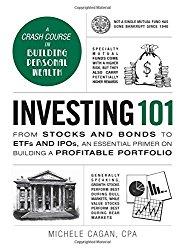
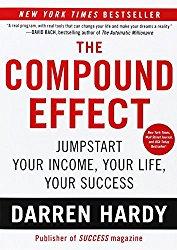
Find Books on Investing from Amazon
It is exactly the same thing with stocks. There is something called “the efficient market theory,” which says everything known about companies is instantly priced into the price of their stocks. This means it is pointless to try to buy and sell stocks based on the news that comes out because the stock is already priced to take that news into account. Everybody knows the car has been in the lake. The best you’ll get is a couple of hundred dollars. It doesn’t matter how much it was worth the days before or how much you still owe on the car. It also doesn’t matter how much you need to buy another car.
For this reason this blog will never recommend trying to trade stocks, where you buy one day and then plan to sell a few days, weeks, or months down the road for a profit. All of the news you hear is already priced into the stock price. Everyone else has already looked at the same charts you have and sees the same trends. Everyone else knows that the company is coming out with a new product, or that product A is selling well, or that Baby Boomers are retiring. The stock is already priced correctly for all of that news and anything you’ll see over a periods of weeks to months is just random noise. You have a fifty-fifty chance of making money. Investing is putting your odds way into your favor.
Want to learn to invest in stocks? Here’s some great books on the basics:
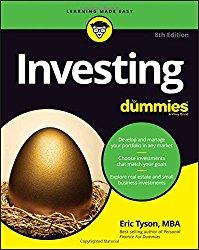
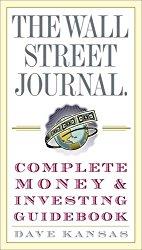
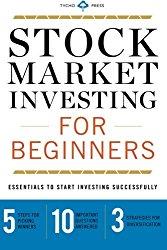
That said, there is a way that you may be able to take advantage of big news that comes out. Right after the news breaks, people often overreact, especially if it is bad news. People don’t really know how big the effect of the debacle will have on United’s share price, so they tend to price it considerably lower until the dust settles. I mean, if you were buying shares, would you buy if you didn’t think you were getting a screaming deal? You would want a little insurance.
As a result, if you already owned United shares and were looking to add more, or you were planning to buy before the news and still wanted in, you might be able to buy shares right after the news breaks, a little at first, and then a little more if the shares continue lower, and get a really good price. Often after the dust settles you’ll see a bit of a bounce back. This won’t make you rich, but might let you get a little better price than you would have otherwise.
Follow me on Twitter to get news about new articles and find out what I’m investing in. @SmallIvy_SI
Disclaimer: This blog is not meant to give financial planning or tax advice. It gives general information on investment strategy, picking stocks, and generally managing money to build wealth. It is not a solicitation to buy or sell stocks or any security. Financial planning advice should be sought from a certified financial planner, which the author is not. Tax advice should be sought from a CPA. All investments involve risk and the reader as urged to consider risks carefully and seek the advice of experts if needed before investing.
